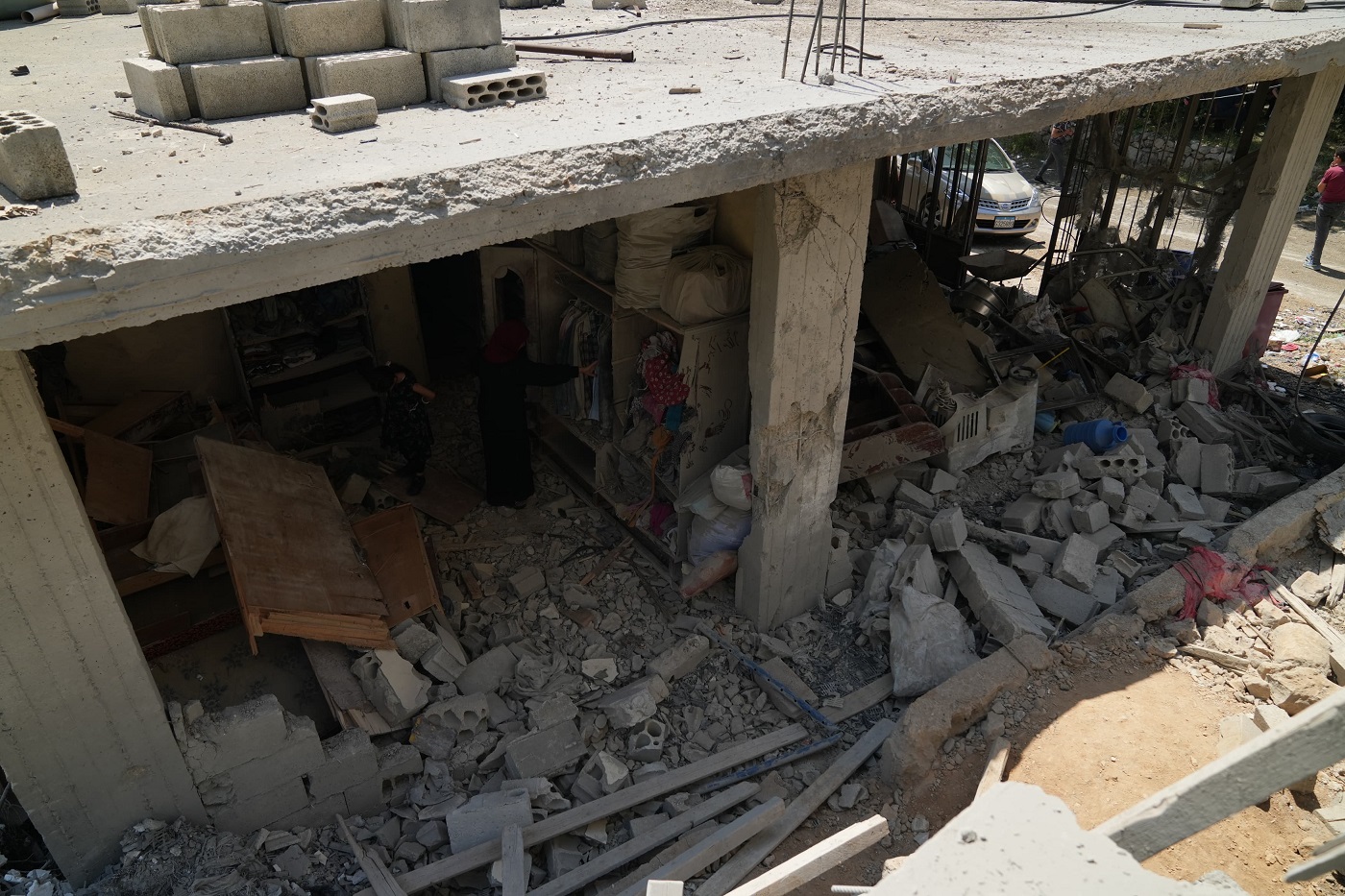Beirut (ICRC) – Mirjana Spoljaric, president of the International Committee of the Red Cross (ICRC), visited Lebanon, where humanitarian needs remain immense following the latest escalation of hostilities.
“Civilians cannot afford for the ceasefire to lapse, plunging them back into heavy fighting that would bring more death and destruction,” said President Spoljaric. “Maintaining the ceasefire is essential for families to return home, rebuild their lives, and for humanitarian assistance to reach those in need.”
Lebanon faces extensive humanitarian challenges, with widespread destruction exacerbating existing economic and social crises. Thousands remain displaced, struggling with limited access to health care, essential services, and livelihoods. These challenges exist across the region, including catastrophic conditions in Gaza and significant needs in Syria, stretching the ability of humanitarian organizations to respond.
“The scale of destruction and the staggering humanitarian needs in Lebanon could have been significantly mitigated if the parties to the conflict had fully adhered to the rules of war,” President Spoljaric said. “International humanitarian law still applies and is unequivocal: civilians must be protected, and their access to humanitarian aid guaranteed.”
In Lebanon, the ICRC works to create conditions that enable people to return home safely. This includes supporting livelihoods, repairing and safeguarding essential infrastructure, and increasing awareness about the risks of unexploded ordnance. Additionally, the ICRC provides health-care services, relief items, and other essential support to individuals in need. Much of this work is carried out in collaboration with the Lebanese Red Cross and other partners.
President Spoljaric will travel to Syria today to meet with national and local authorities and assess the humanitarian needs in the country.
About the ICRC
The International Committee of the Red Cross (ICRC) is a neutral, impartial and independent organization with an exclusively humanitarian mandate that stems from the Geneva Conventions of 1949. It helps people around the world affected by armed conflict and other violence, doing everything it can to protect their lives and dignity and to relieve their suffering, often alongside its Red Cross and Red Crescent partners.



Comments